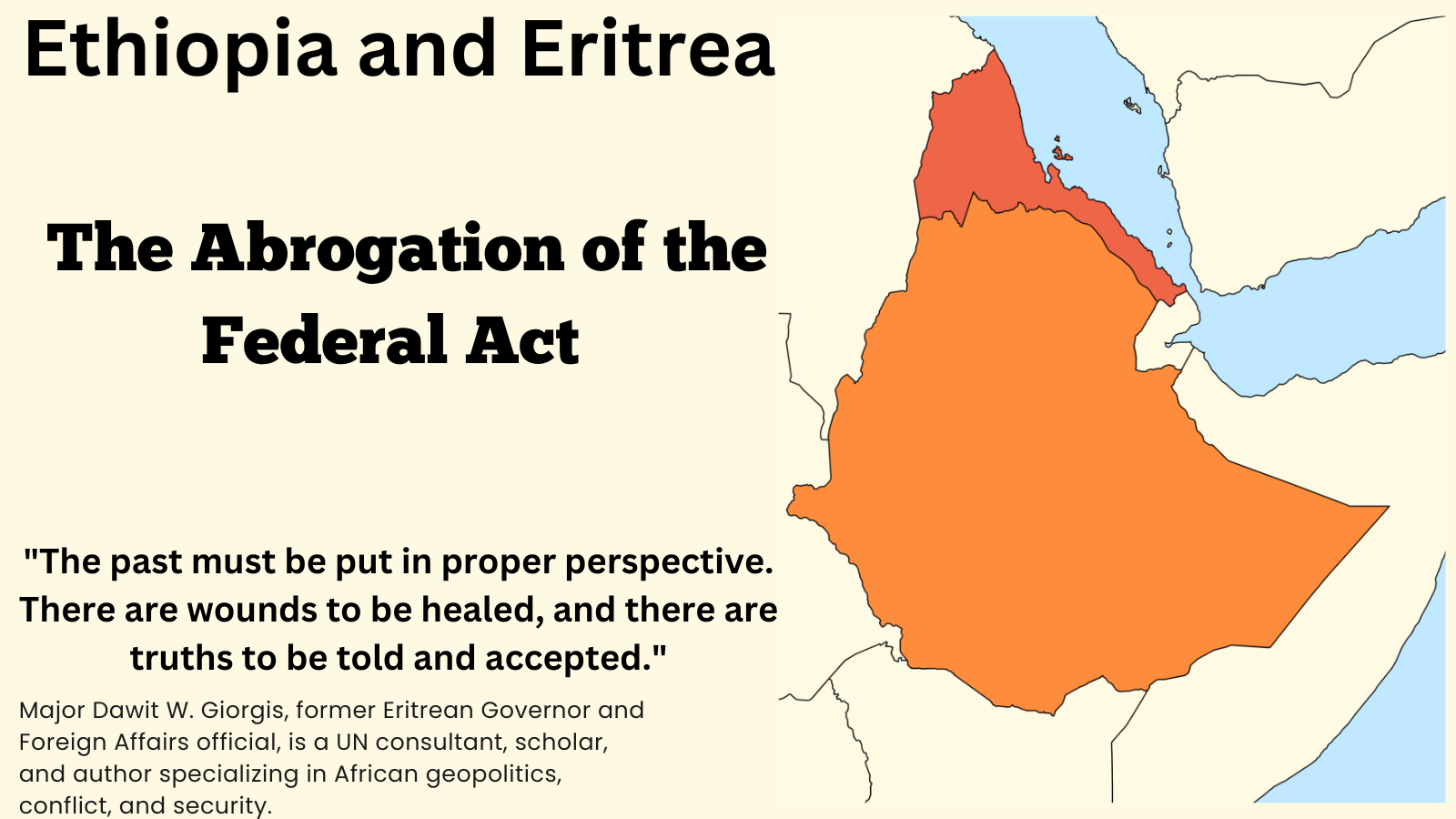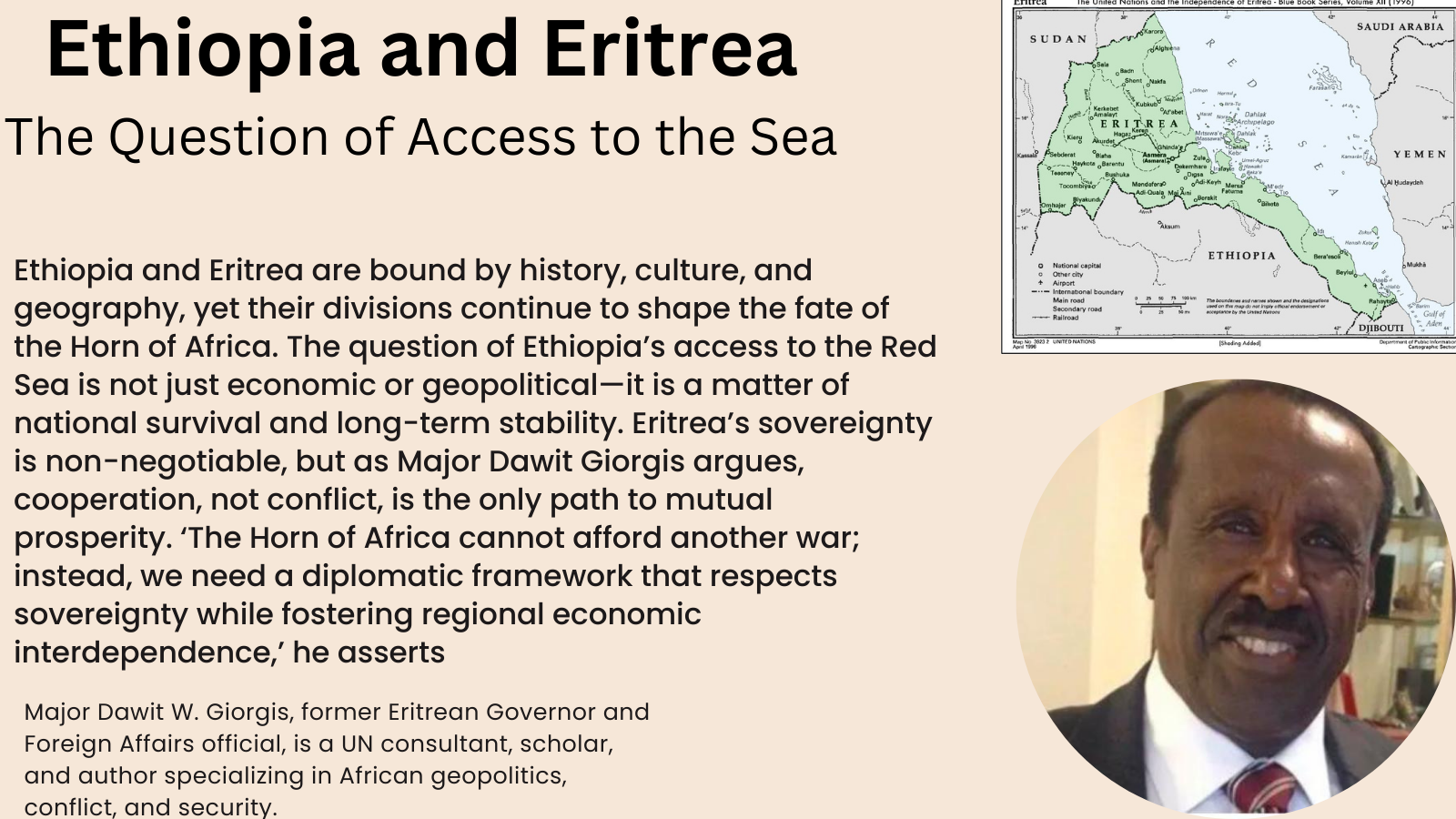East Africa Grapples with Unprecedented Flooding Crisis

Unprecedented flooding across East Africa has displaced hundreds of thousands, with catastrophic consequences. The International Organization for Migration (IOM) issued a dire alert, citing torrential rains that triggered mudslides and widespread destruction of infrastructure, leaving roads, bridges, and dams severely damaged.
The toll is staggering, with over 637,000 people affected by the deluge, including a startling 234,000 displaced in the last five days alone. The full extent of the tragedy is yet to be determined, as there is no official count of the dead.
In the face of this never-ending emergency, the IOM emphasizes the role of climate change as a driving force behind such disasters. Rana Jaber, the regional director of IOM, stresses the urgent need for sustainable efforts to address the plight of those affected, whose vulnerability only deepens amidst the devastation.
Despite Africa contributing minimally to global greenhouse gas emissions, it remains highly vulnerable to the impacts of climate change. The eastern and Horn of Africa regions have borne the brunt of alternating cycles of drought and intense precipitation over the last decade, exacerbating the humanitarian crisis.
As relief efforts continue, IOM, along with governments and partners, is providing vital assistance to affected populations, including emergency shelter, essential medical care, and psychosocial support. In Burundi, Ethiopia, Kenya, and Somalia, thousands have already received aid, with more support underway.
With climate talks looming, IOM underscores the need to integrate considerations of human mobility and displacement into discussions on climate change. East African leaders have committed to addressing these challenges through initiatives like the Kampala Ministerial Declaration on Migration, Environment, and Climate Change, but greater global support is imperative.
As the world prepares for the UN Climate Change Conference (COP29) in November 2024, the inclusion of climate mobility in global climate discussions is paramount to ensuring a coordinated and effective response to the escalating crisis.
Editor’s Note : Source: https://news.un.org/en/story/2024/05/1149461




